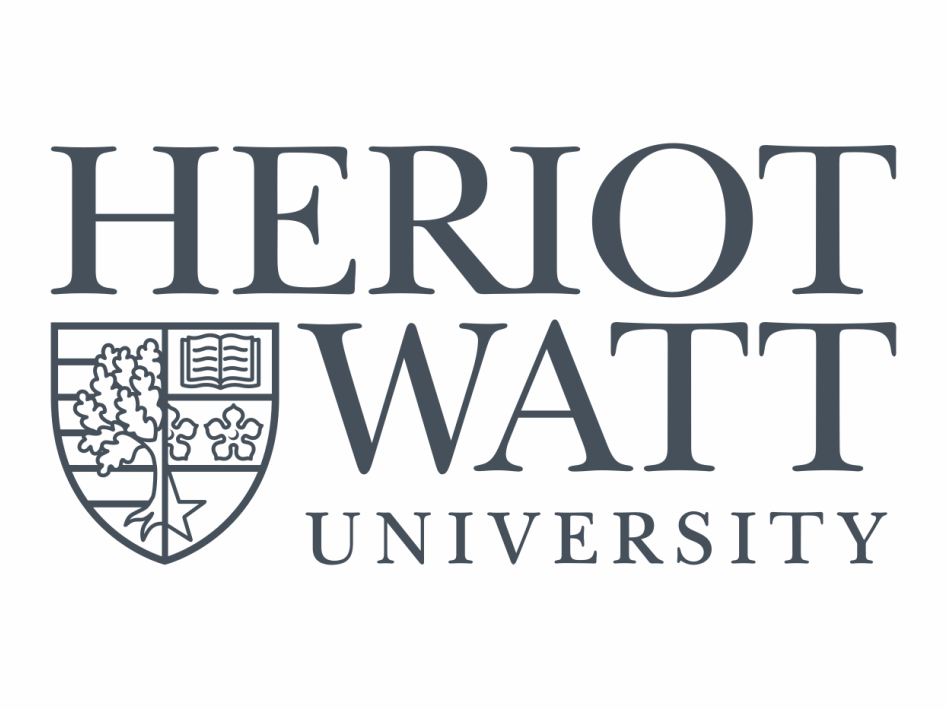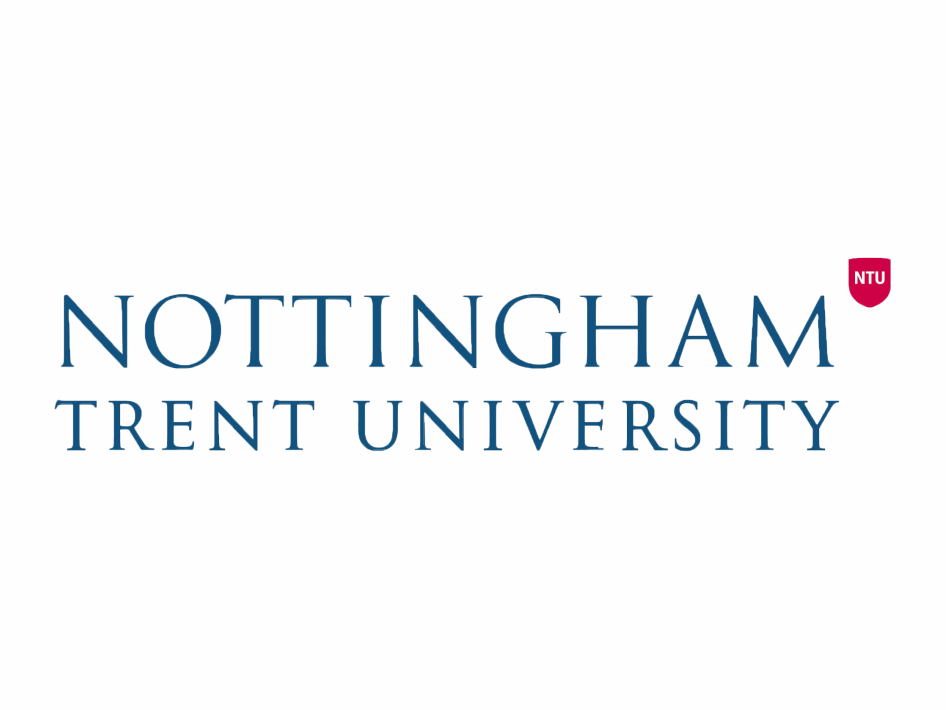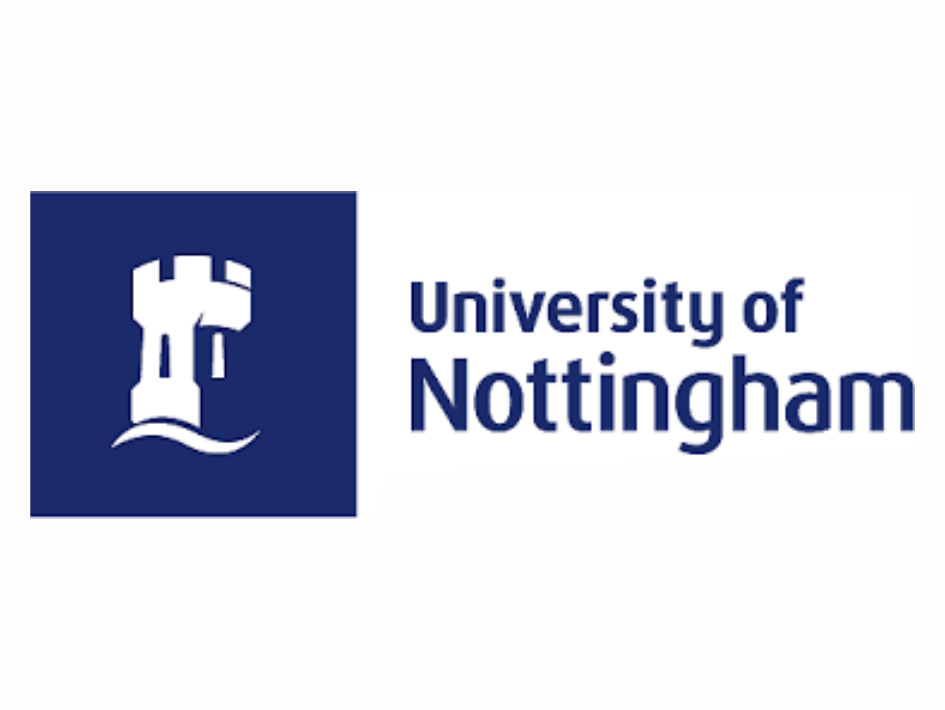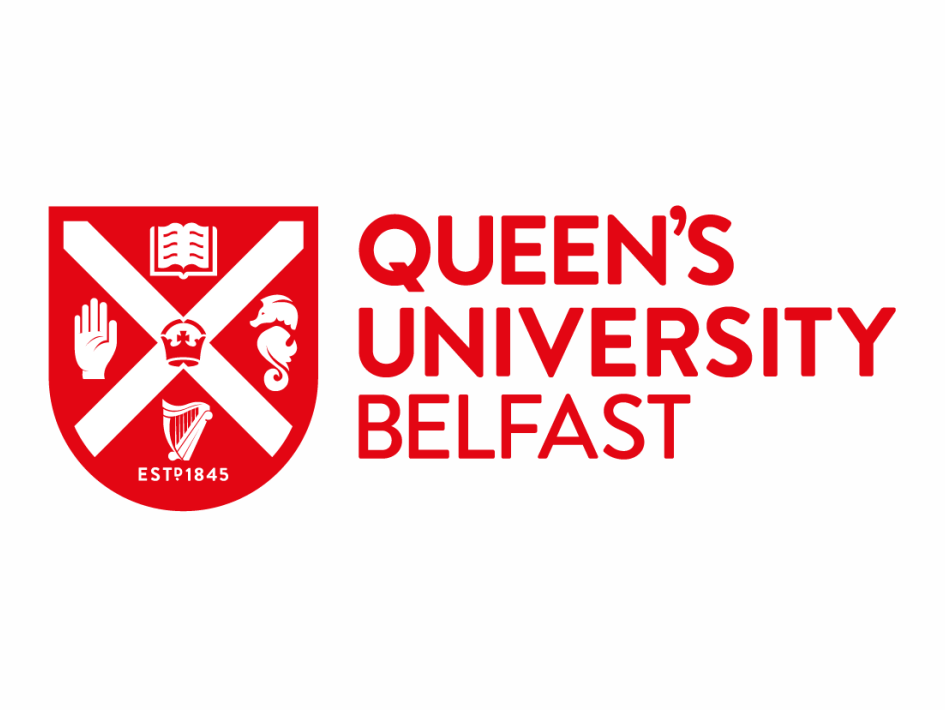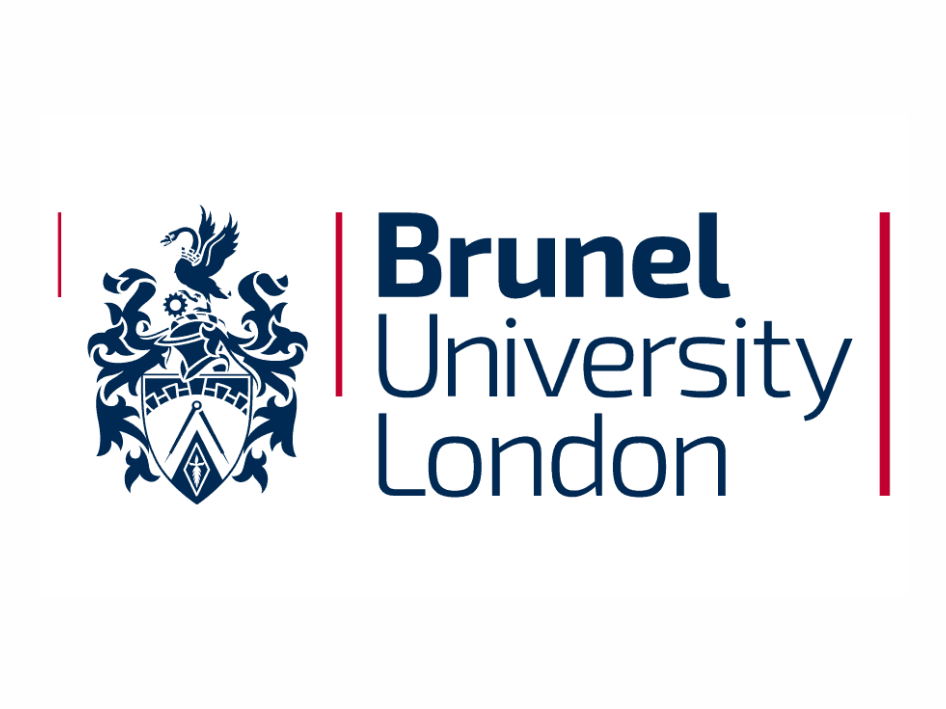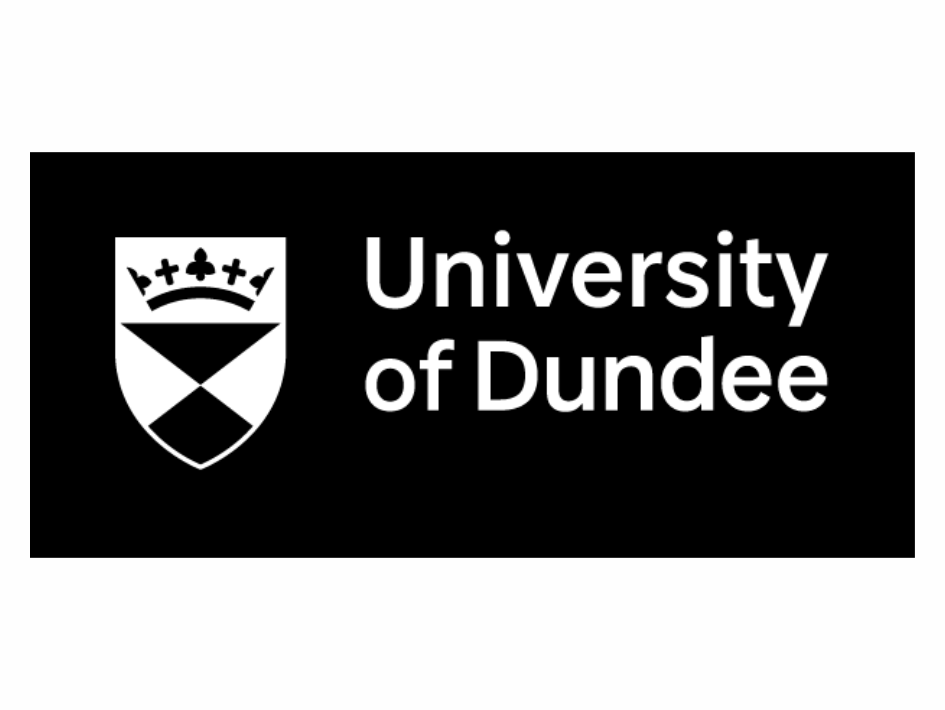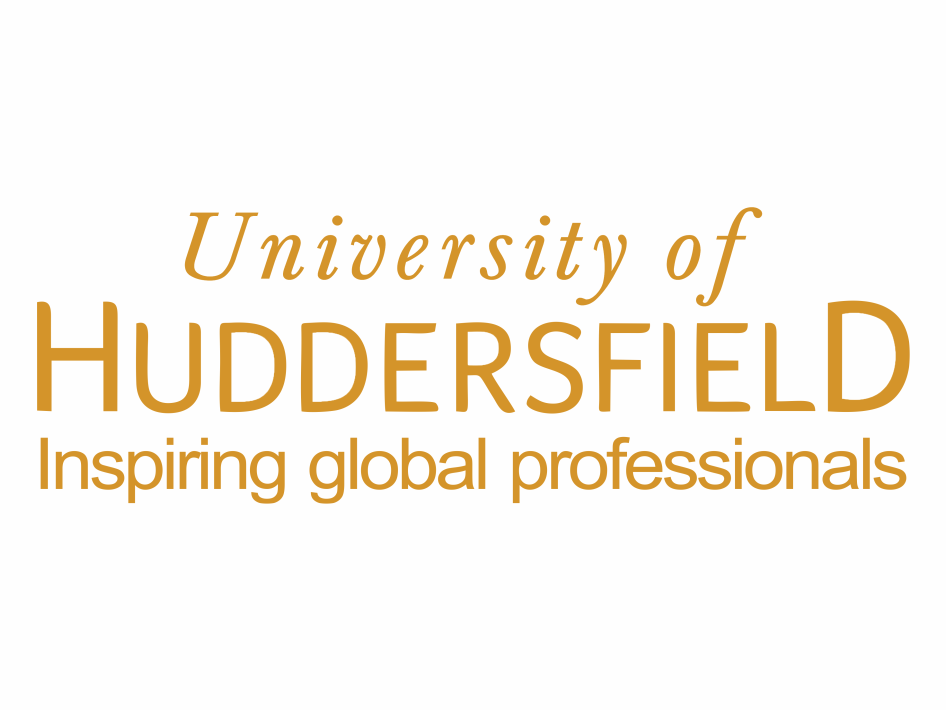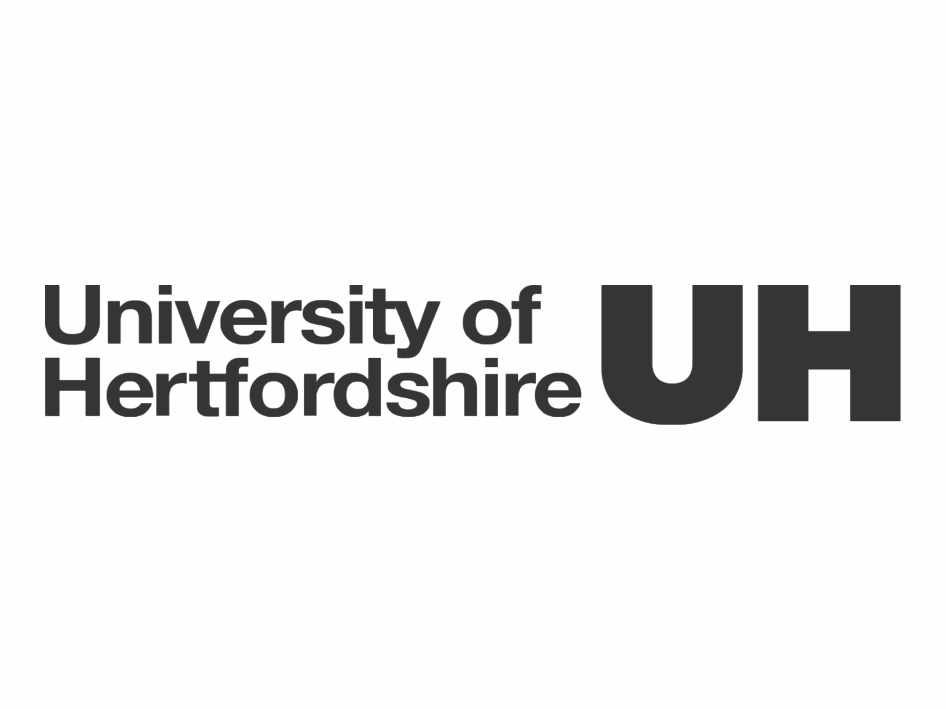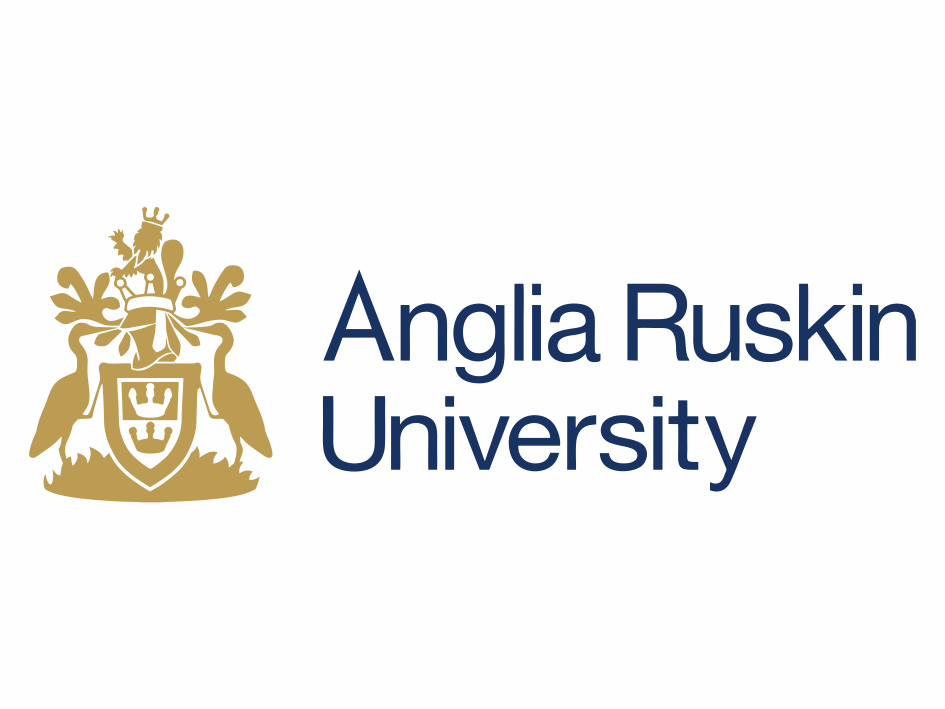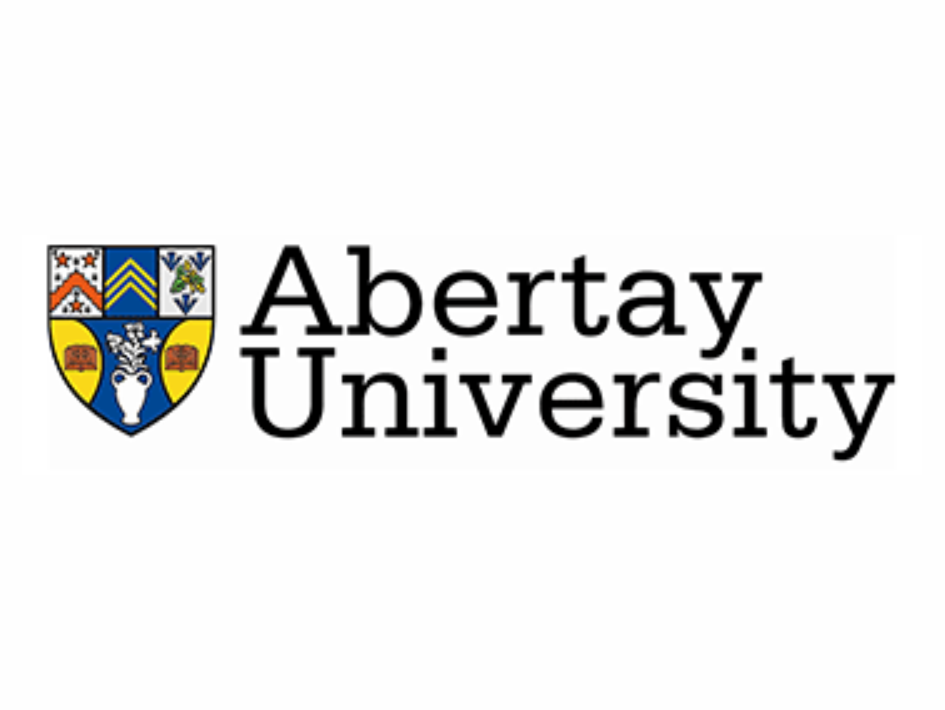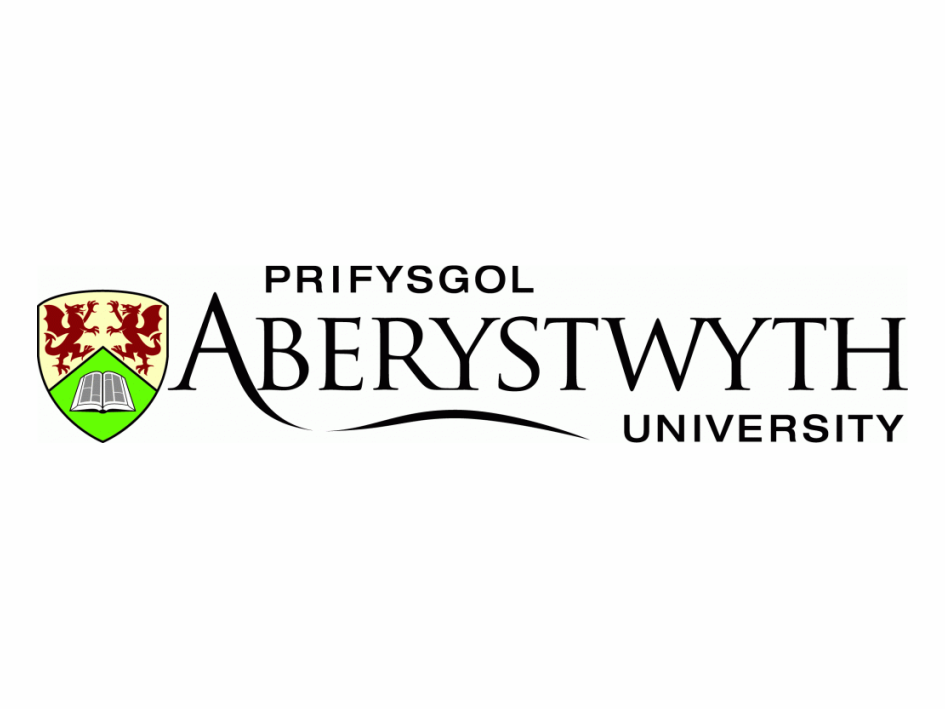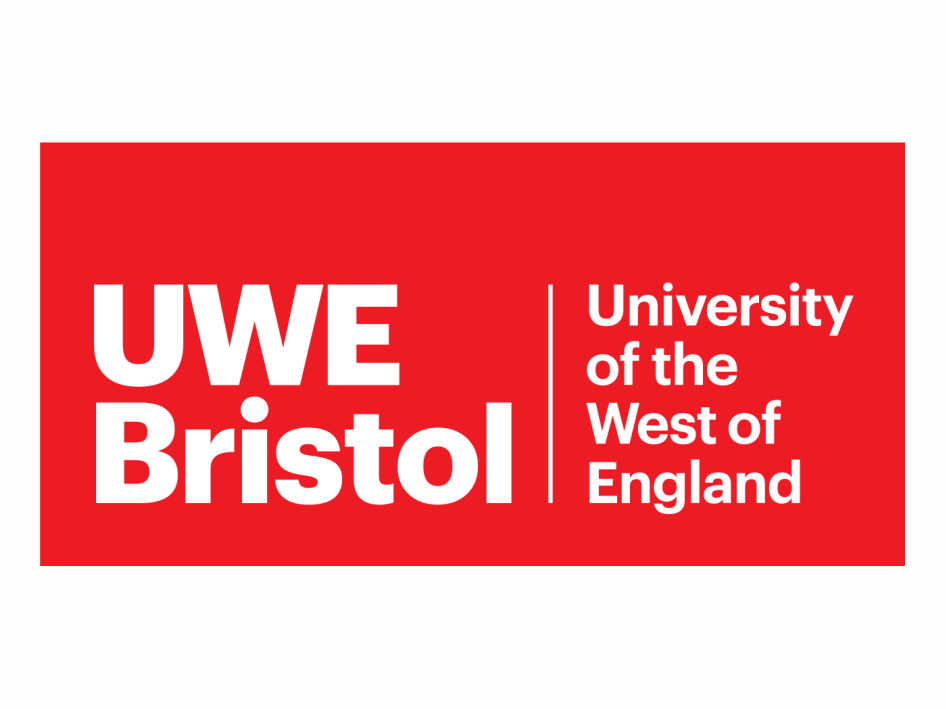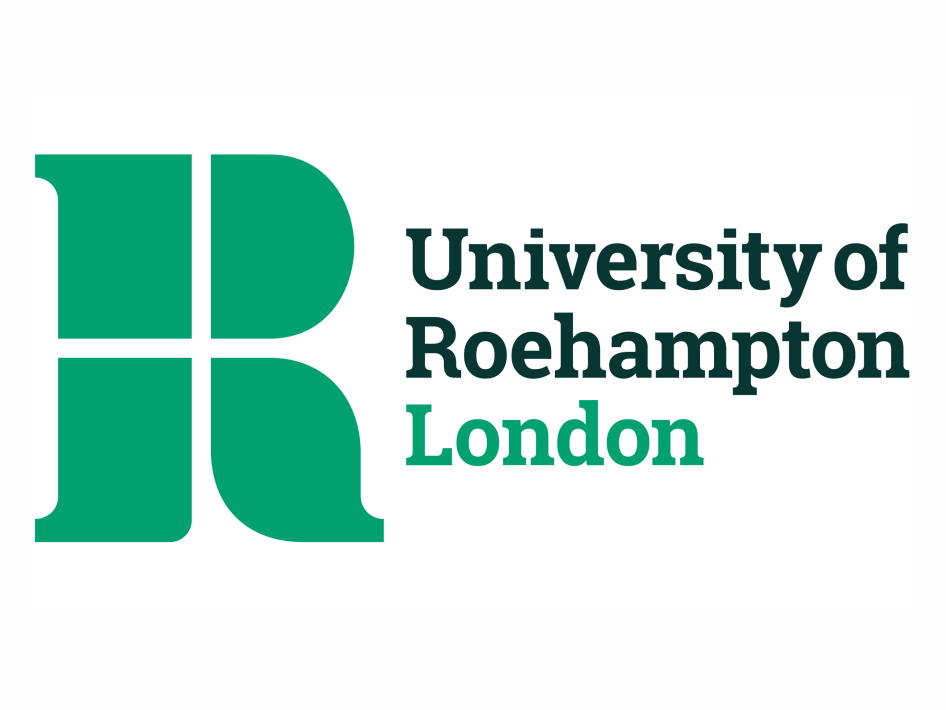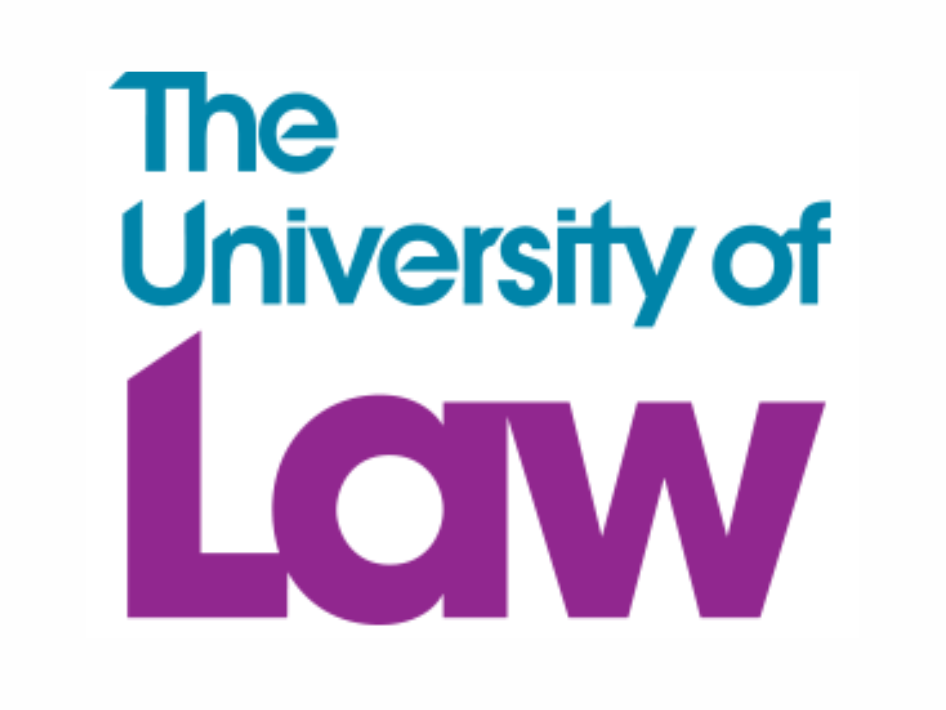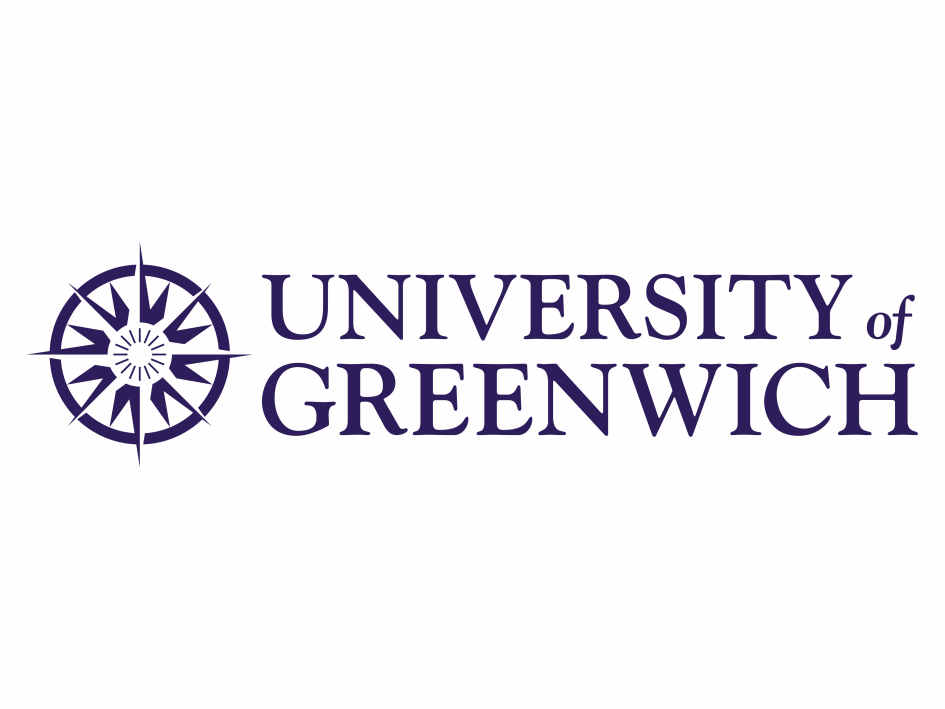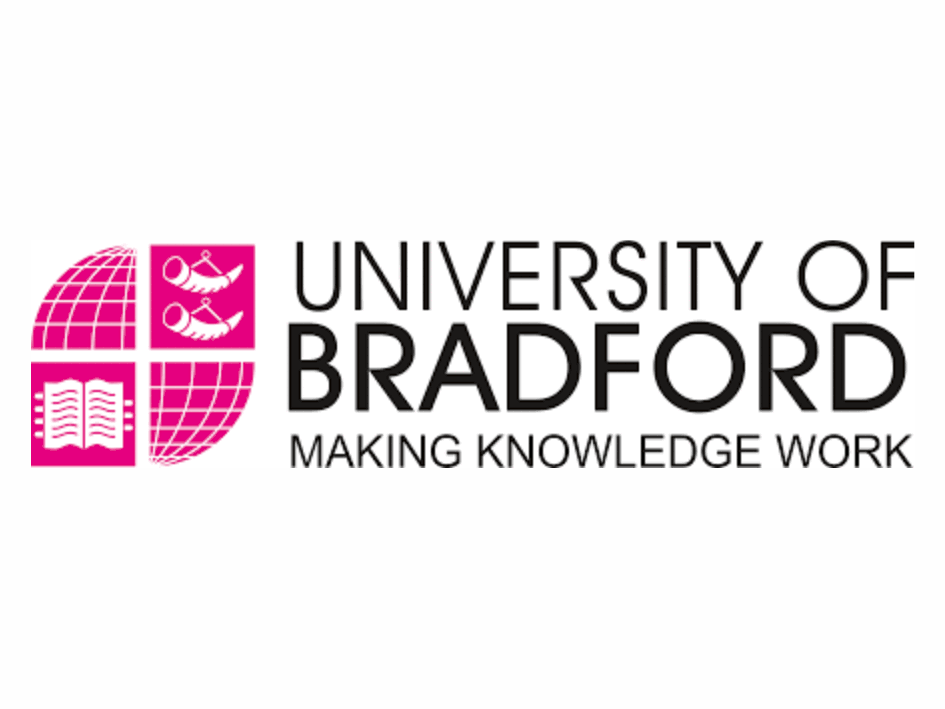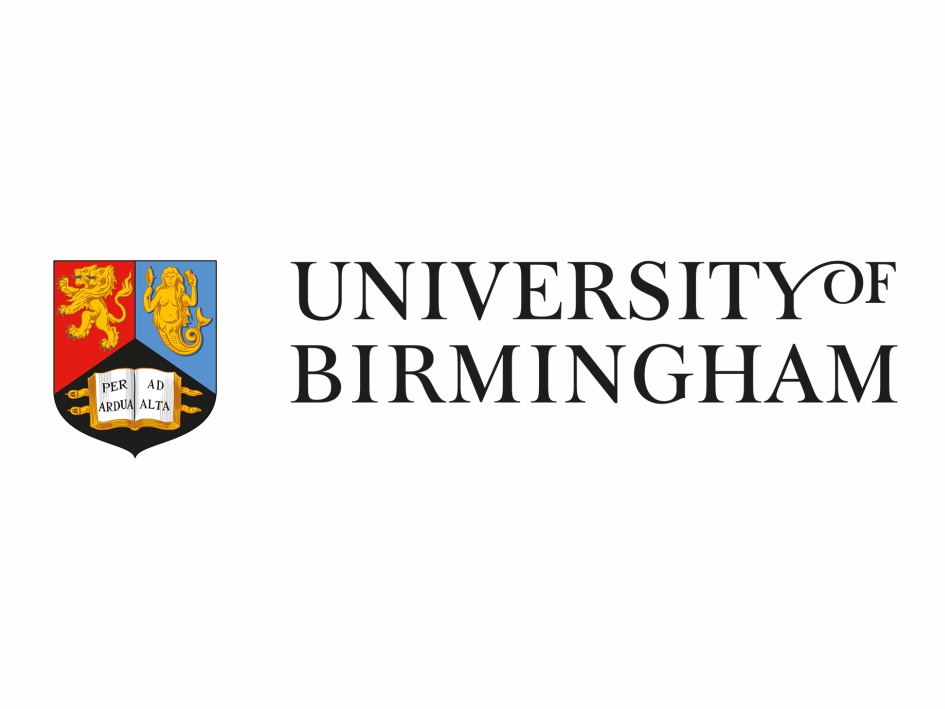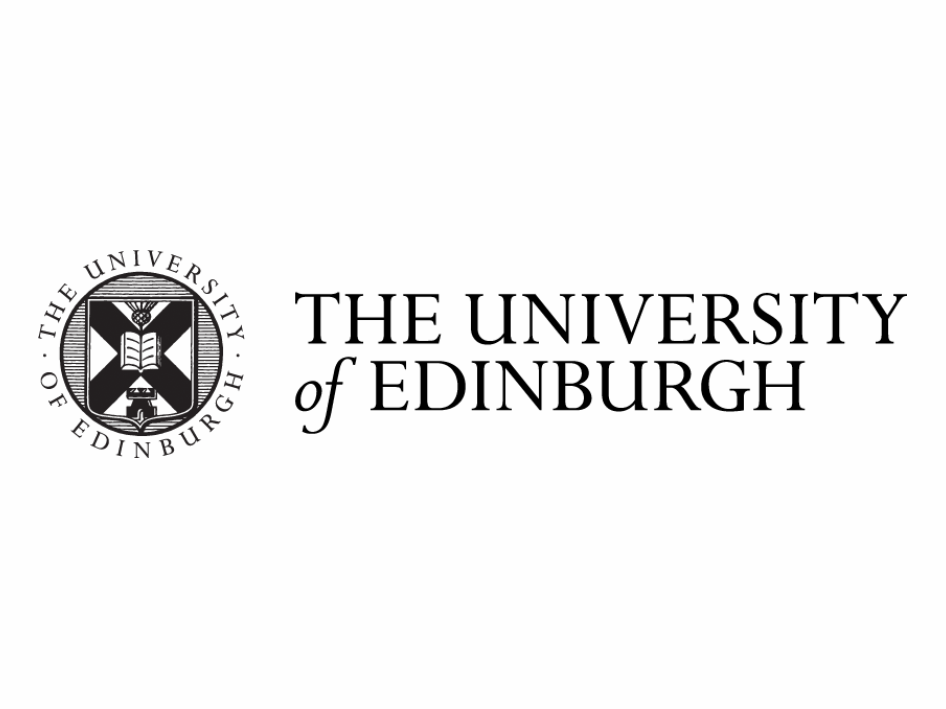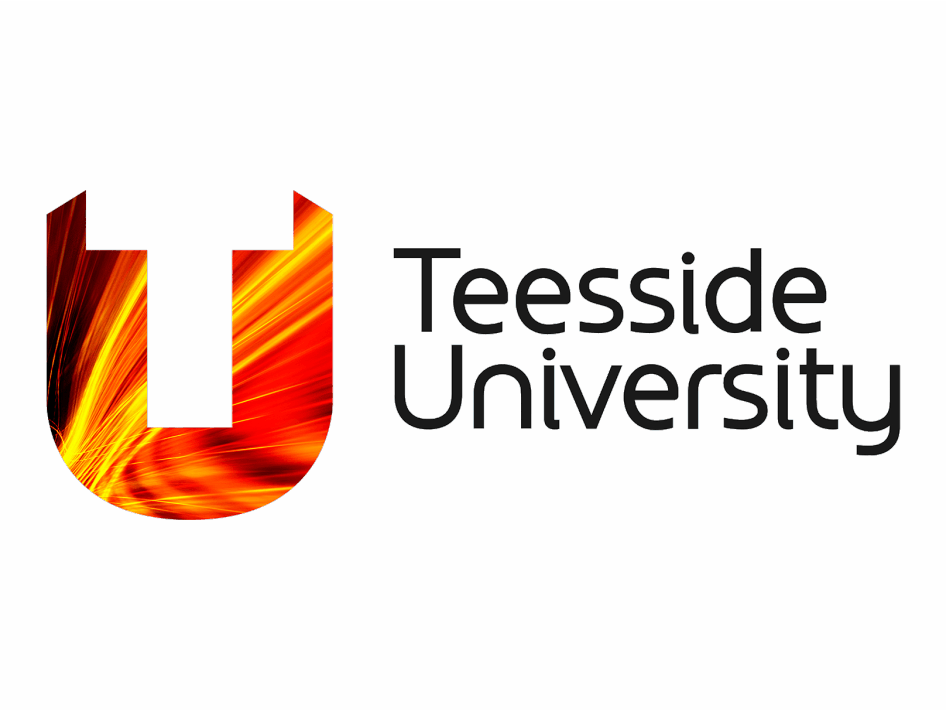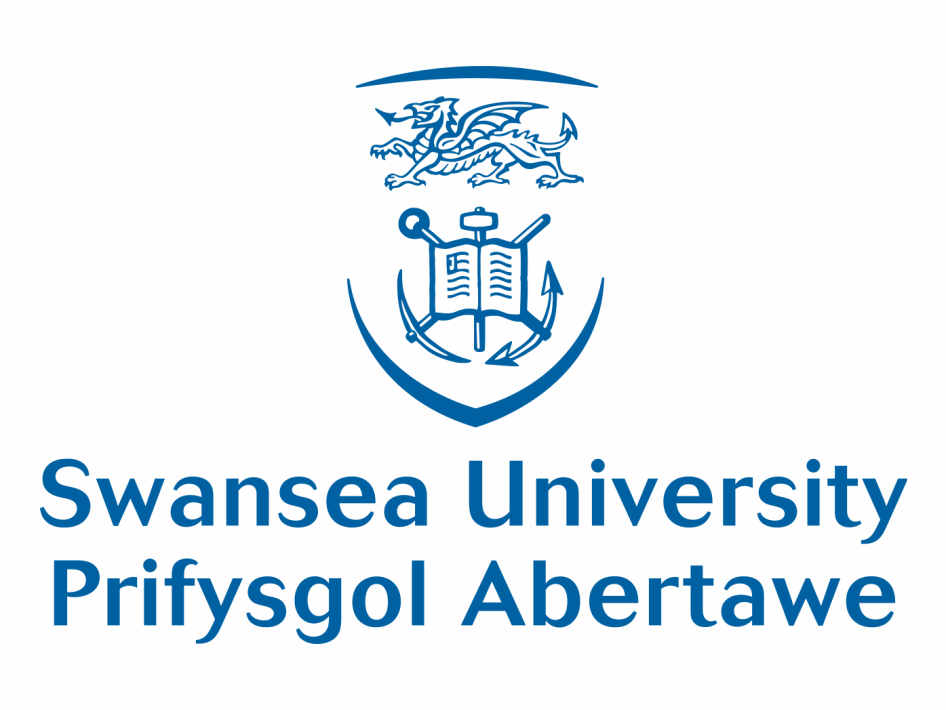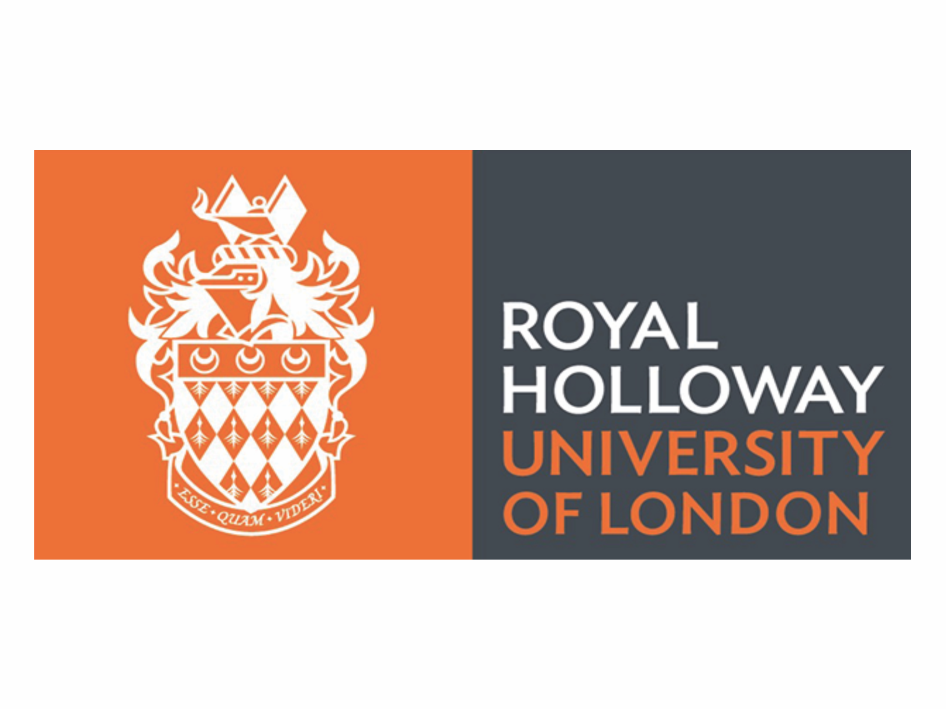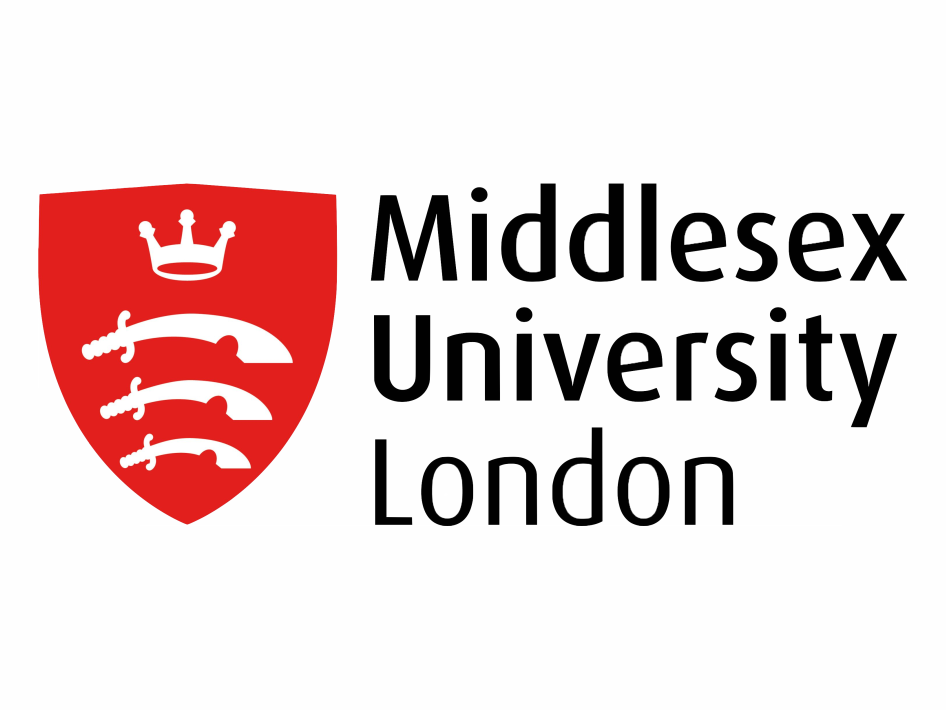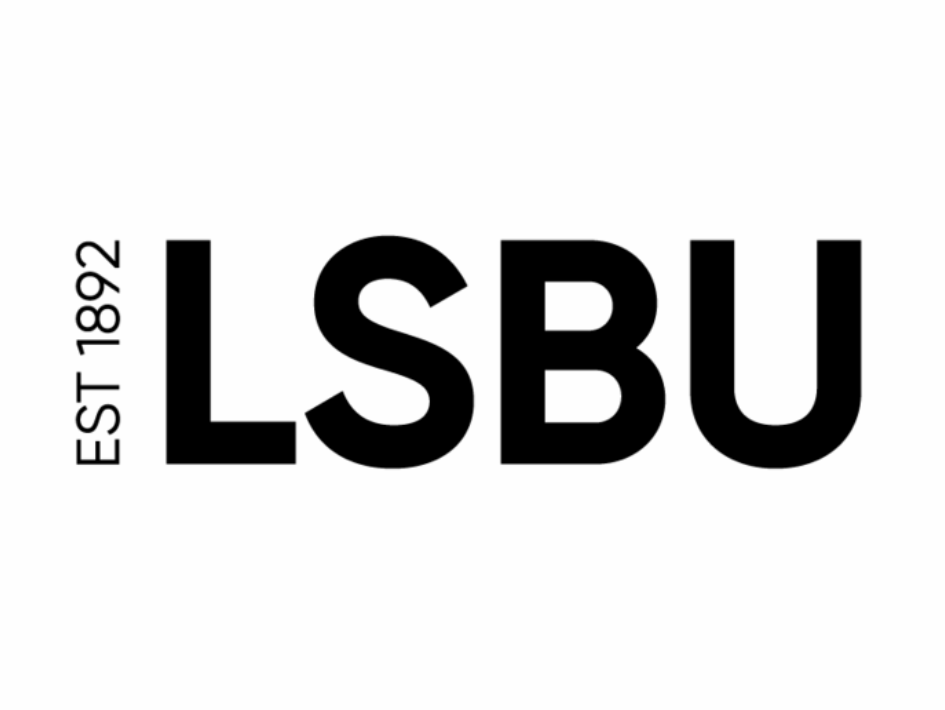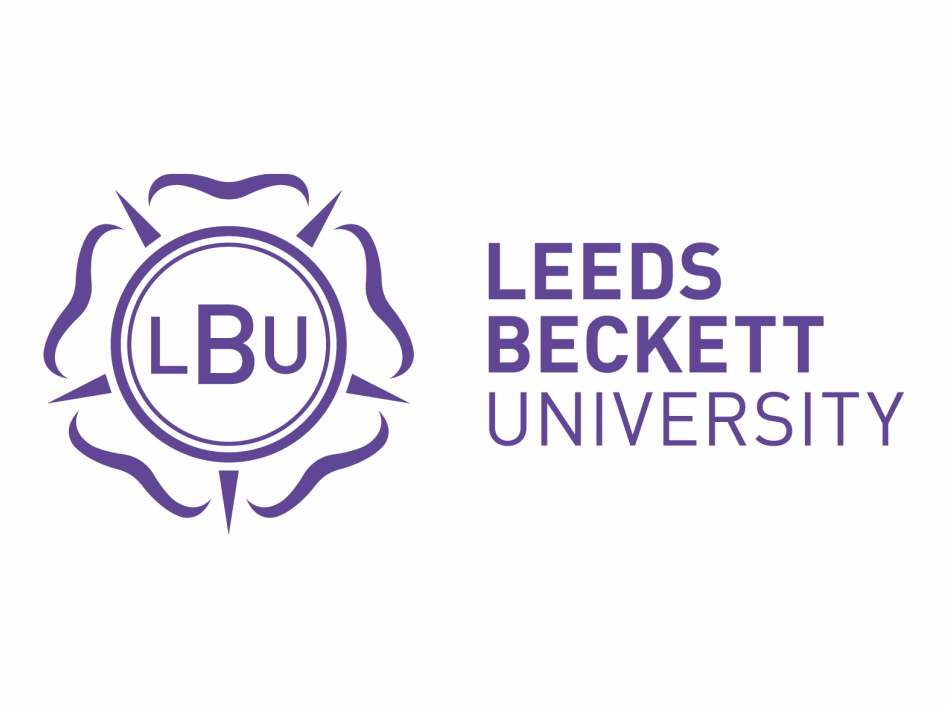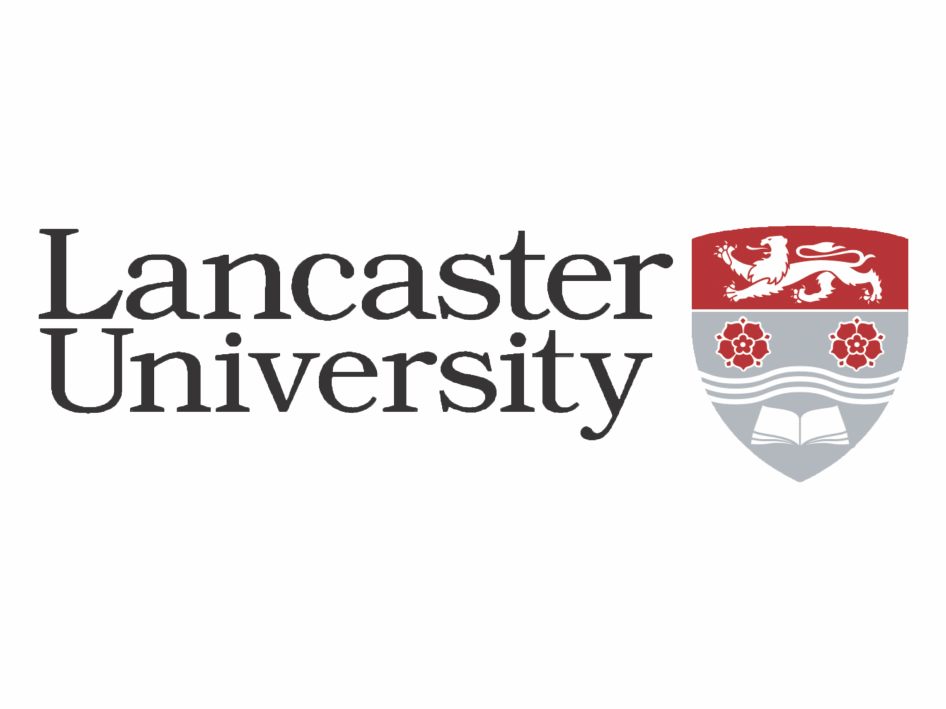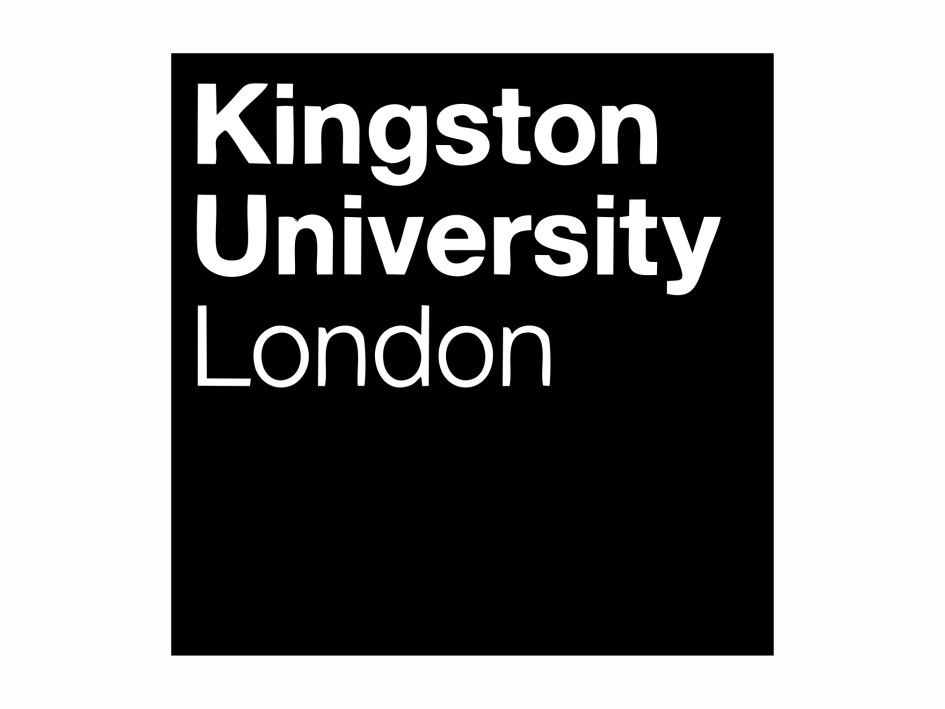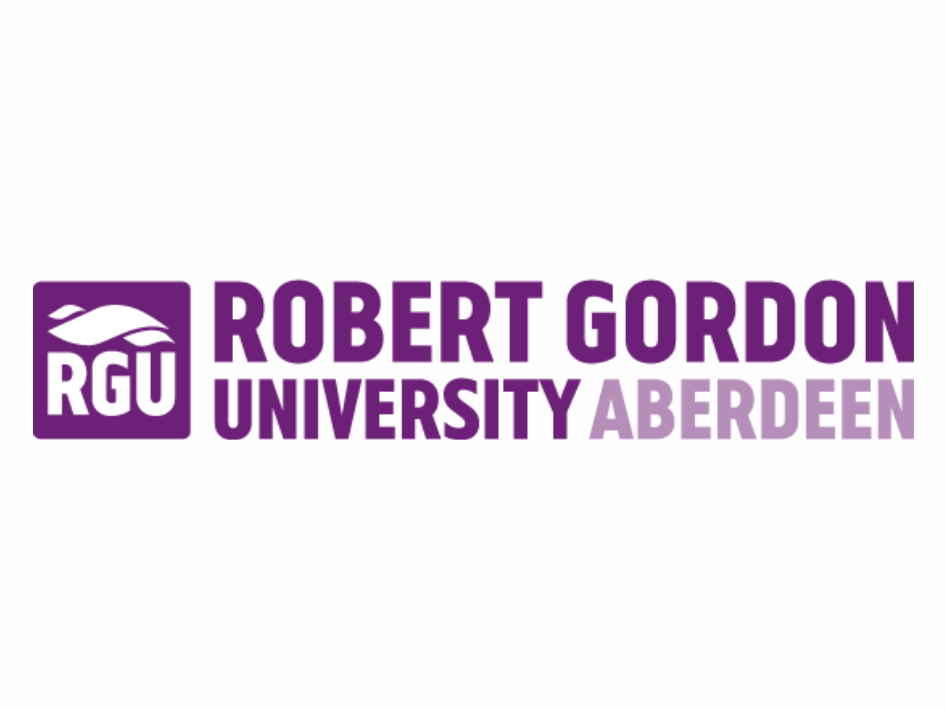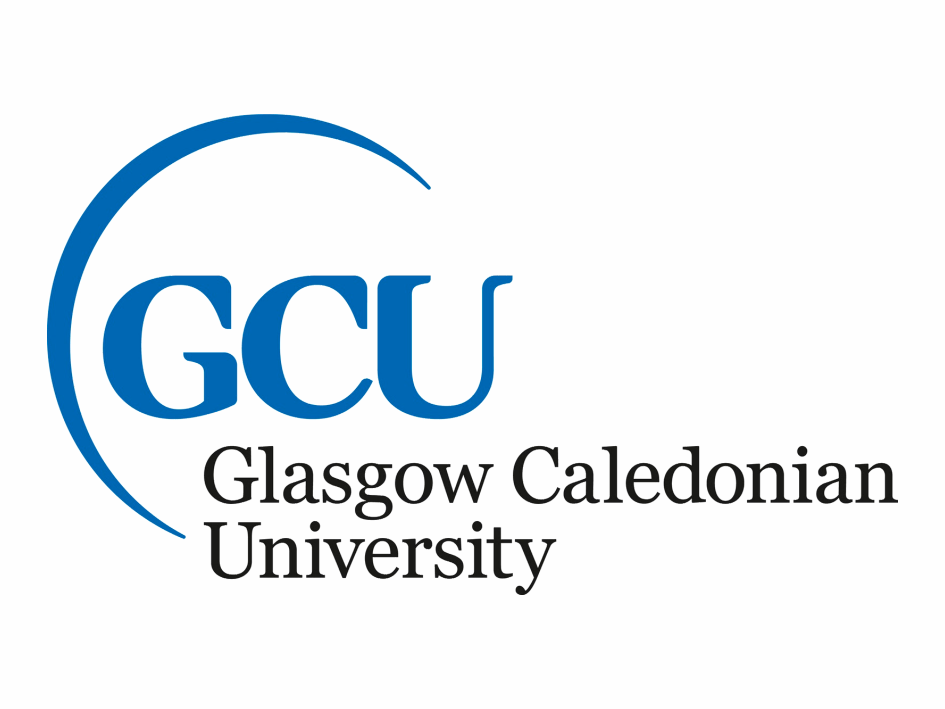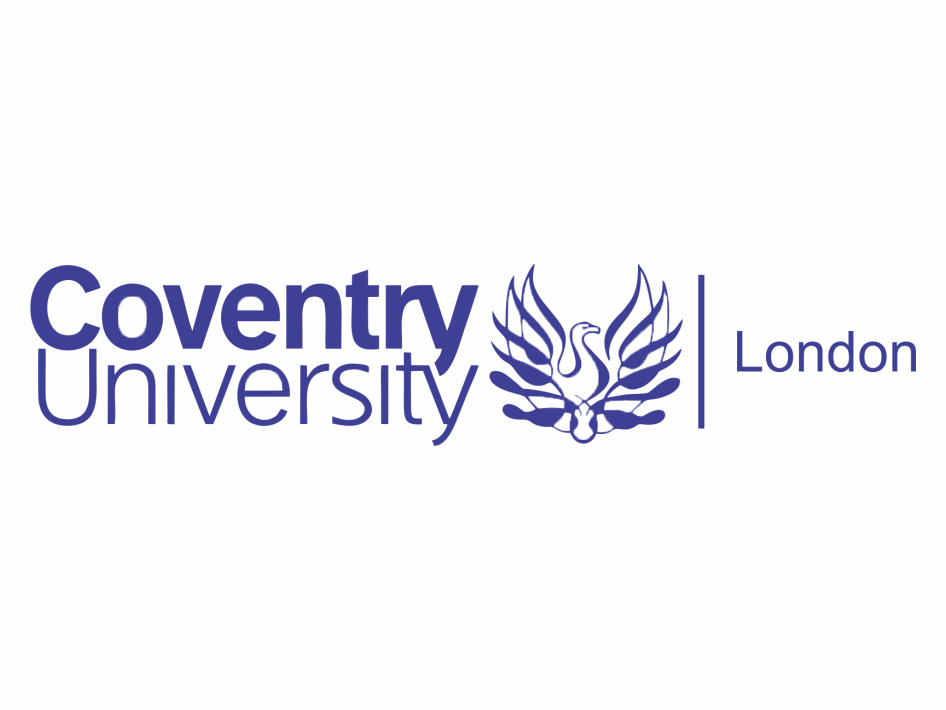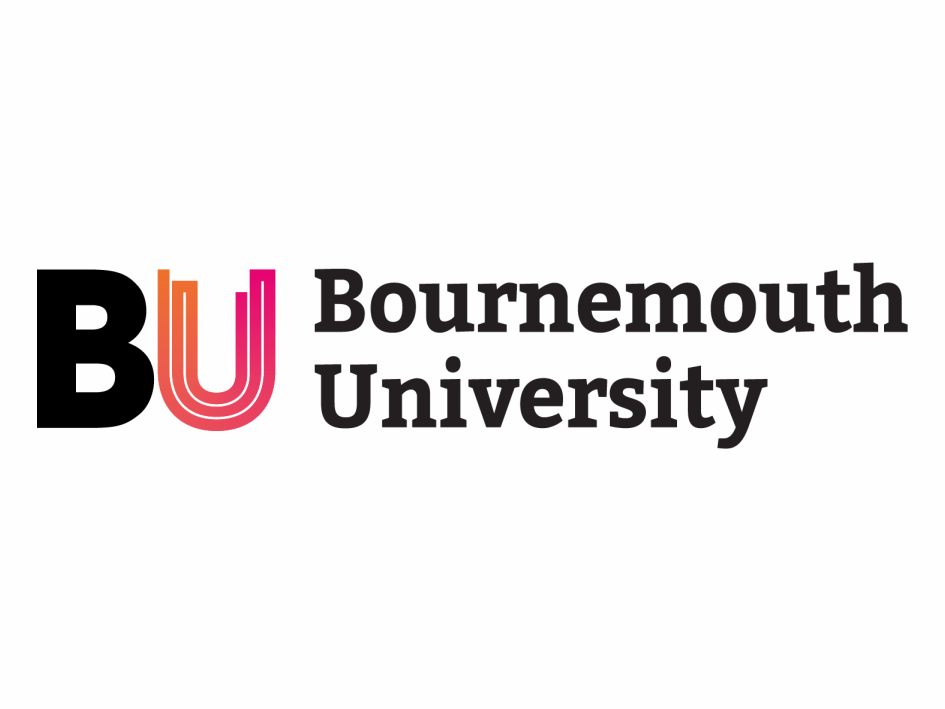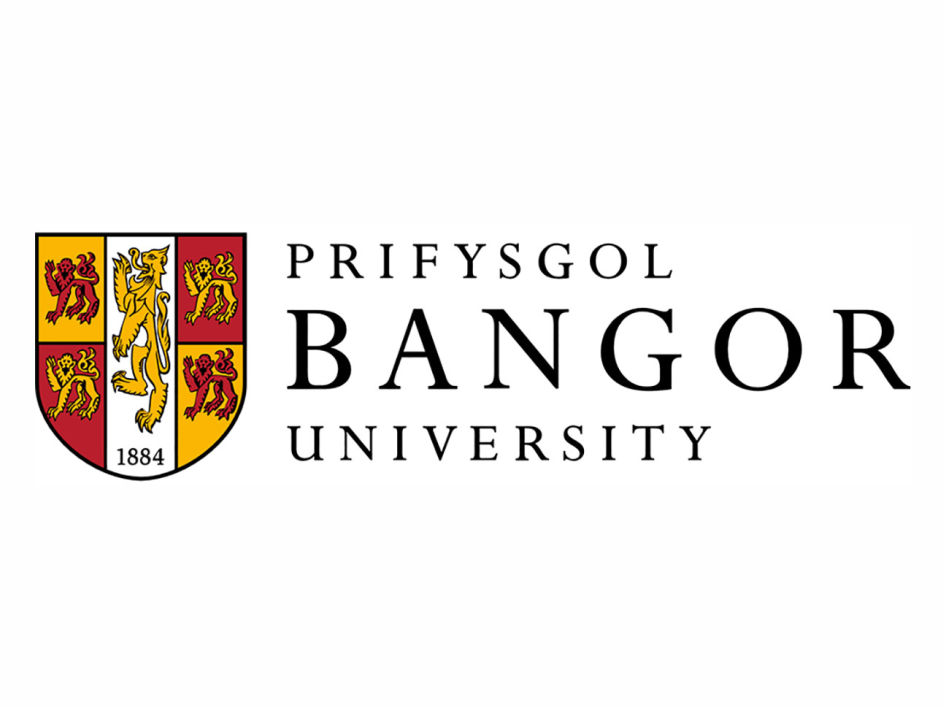MEET THE PROCESS
Following should serve as a quick way to explain how your workflow and process is going to happen.
01
EVALUATION
Think about which courses you are interested in, and if they will lead into your chosen career. Carefully research courses, institutions and their locations. Consider the areas of specialization offered through different courses, and which specializations will best suit your intended career path. Once you have decided on the best course, you need to find out which education providers offer it, and which provider best suits your requirements. You might like to consider the size of the campus, the available facilities and the support services available to international students.
APPLYING
Once you have chosen your course and education provider, it is time to apply. Check the entrance and English language requirements to make sure you are eligible. If not, you may have to consider a different course, or even bridging or foundation study, which may increase your chances. Contact your education provider and ask about their application requirements and application dates, as these will differ for each provider. Make a note of important deadlines and make sure you meet them. You can either download application forms from institute websites or request the forms to be posted. Another option is to contact an education agent or an overseas representative of the institution to which you are applying. Your application form will ask you which course(s) you are applying for and give you details of the documentation you need to supply. Most application forms require the following: personal details certified proof of your level of English language proficiency details of previous educational qualifications, such as academic transcripts course preferences (the course you are applying for) a summary of employment experience (if applicable). If you are still completing your education you can provide evidence of your most recent marks until it is possible to provide your final marks. If the documents you supply are not in English, you must provide an official certified translation. Most institutions charge a non-refundable application fee that must be included with your application. Some institutions waive this fee if the application is made on line. Before sending your application, check your visa requirements with your local English embassy to ensure you will qualify for a visa if your application is successful. If at any time in the application process you are uncertain how to proceed, don’t hesitate to contact your education provider. They are there to help you.
02
03
PROCESSING
Once the education provider receives your application it will be assessed and you will be notified of the result. Be prepared to be patient as it may be a few weeks (longer for postgraduate applications) before your application is processed.
ACCEPTANCE
Your application will only be accepted by the desired university when your financial documents have been approved and you passed the pre-scanning interview held by university on Skype. Normally one semester fee is required in order to get the Confirmation of Acceptance for Studies letter (CAS)
04
05
VISA LODGEMENT
Now that your education provider has accepted you by giving you CAS letter, it is time to apply for your student visa. organize your IHS which is around £470 yearly and start thinking about your accommodation in United Kingdom. Your education provider will typically send you an admissions package, with information that will help you adjust to UK in your first couple of weeks. This might include information on your course, accommodation options, facts about the city you will live in, financial information and details about orientation programs. Visa Application would be lodged online through www.gov.uk. Currently student visa fee is around £348.

